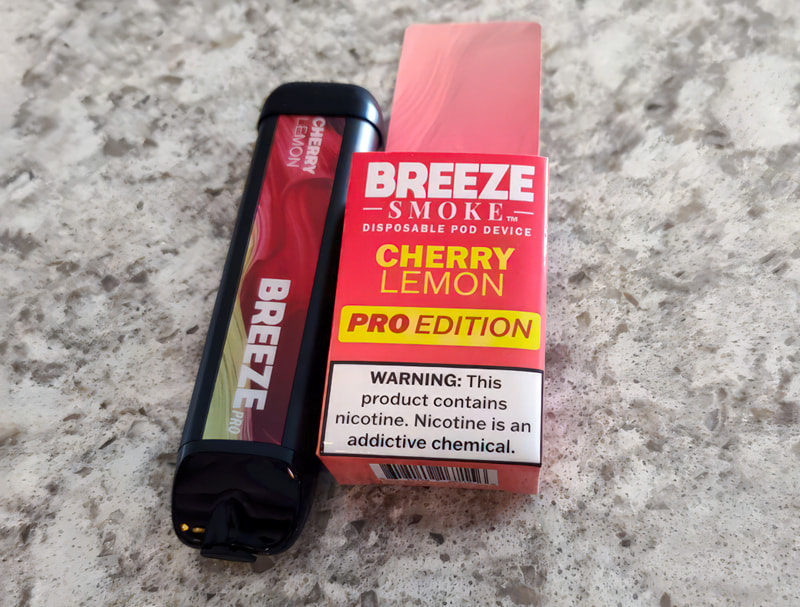
Understanding Michigan’s Vaping Laws
Michigan has been at the forefront of regulating the e-cigarette and vaping industry in the United States. The state’s lawmakers have enacted several policies aimed at curbing youth vaping and protecting public health. Michigan has a long history with vaping laws, which when examined can not only show their objectives but also implications for vapers and the industry as a whole.
History of Vaping Laws in Michigan
The history of vaping regulation in Michigan can be traced back to 2010 when the prohibition on the sale of e-cigarettes to minors was added to the state’s juvenile law. However, it wasn’t until 2019 that Michigan took more decisive action against vaping, becoming the first state to ban flavored e-cigarettes. Governor Gretchen Whitmer announced the ban in response to the youth vaping epidemic and the growing number of vaping-related illnesses.
Main Components of Michigan’s Vaping Laws

- Age Restrictions:
Michigan’s Tobacco 21 law went into effect on August 2, 2020, raising the legal age for purchasing tobacco and vaping products from 18 to 21 years. This law aims to reduce the accessibility of these products to minors and aligns Michigan with the federal Tobacco 21 law enacted in December 2019. - Flavor Ban:
In September 2019, Michigan became the first state to impose a ban on flavored e-cigarettes, including menthol and mint flavors. This ban was intended to curb the appeal of vaping products to young people and reduce the youth vaping epidemic. However, in October 2019, a court order temporarily blocked the ban. The flavor ban is still a contentious issue, with legal battles and regulatory uncertainty surrounding its enforcement. - Online Sales:
Michigan requires online retailers selling e-cigarettes and vaping products to verify the age of customers using a commercially available database. Additionally, online sellers must use a shipping service that requires an adult signature upon delivery. These measures aim to prevent minors from accessing vaping products. - Vaping in Public Places:
In 2020, Michigan expanded its smoke-free laws to include e-cigarettes and other vaping products. This means that vaping is prohibited in all public places where smoking is banned, such as restaurants, bars, offices, and other enclosed spaces. This policy aims to protect non-vapers from exposure to second-hand vapor. - Licensing and Taxation:
Vape shops and retailers in Michigan are required to obtain a tobacco sales license to sell e-cigarettes and vaping products. The state also levies a 50% tax on the wholesale price of e-liquids containing nicotine. This tax revenue is allocated to public health programs, including tobacco prevention and cessation initiatives.
Implications for Vapers and the Vaping Industry
Michigan’s vaping laws have significant implications for vapers and the vaping industry. The age restrictions and flavor ban may limit the availability and appeal of vaping products, while the online sales regulations and public place restrictions could impact the vaping experience. On the other hand, the licensing and taxation requirements may create additional financial burdens for vaping retailers and manufacturers.
When to Hire Legal Help
Michigan’s vaping laws reflect the state’s commitment to addressing concerns surrounding youth vaping and protecting public health. However, those caught in violation of these regulations are often faced with significant legal challenges. Many find it best to work with an attorney specializing in controlled substances in order to ensure the best possible legal outcome. This is particularly true in instances where underage vaping and schools are involved, as Michigan’s laws are especially strict on this.




